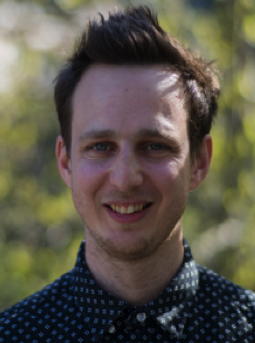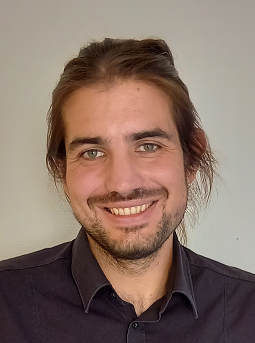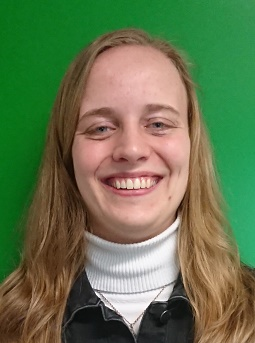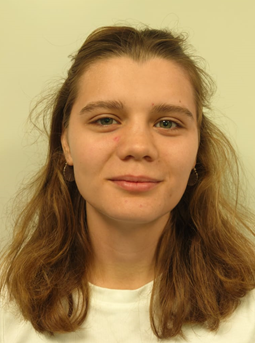Our team has made major progress in imaging the involvement of the substantia nigra and locus coeruleus in Parkinson´s disease over recent years.
Are you interested to become a part of our team and that continuously pushes the frontiers of precision MRI of the human brain and Parkinson’s disease at 3T and 7T?
Are you eager to work in a dynamic research environment in the Movement Disorders group and to leverage a unique clinical and MRI infrastructure?
Do you thrive in multi-disciplinary environments where you closely interact with collaborators at the department, but also internationally?
If yes, we would like to see your application.
The Danish Research Centre for Magnetic Resonance (DRCMR) has an open research opportunity for a highly motivated research assistant to conduct cutting-edge research in clinical neuroscience and magnetic resonance imaging.
We are looking for a candidate who will help us acquire and analyze structural and functional MRI data in healthy participants and patients with Parkinson’s disease. You will have the opportunity to collaborate with an interdisciplinary team consisting of M.D.s, psychologists, physiologists, engineers, and basic- and clinical neuroscientists. You will join the Movement Disorders group led by Research Fellow David Meder as well as the ADAPT-PD project group led by Prof. Hartwig Siebner. Here, you will contribute to our efforts to map the changes in functional brain networks in Parkinson’s disease patients. Furthermore, you will aid our continuous work on ultra-high field (7 tesla) imaging of structural changes in midbrain nuclei in different stages of the disease. The employment may lay the foundation for an extension into a PhD position.
About us:
The Danish Research Centre for Magnetic Resonance (DRCMR) is one of the leading research centers for biomedical MRI in Europe (www.drcmr.dk). Our interdisciplinary research is geared to triangulate between MR physics, basic physiology, and clinical research. Approximately 70 researchers from a diverse range of disciplines are currently pursuing basic and clinically applied MR research with a focus on structural, functional, and metabolic MRI of the human brain and its disorders.
Collaboration is key at DRCMR – we do not expect any researcher to be able to do everything alone, but we expect everyone to be interested in sharing knowledge with colleagues.
The DRCMR is embedded in the Department of Radiology and Nuclear Medicine, a large diagnostic imaging department including all biomedical imaging modalities at Copenhagen University Hospital Hvidovre. The hospital also has strong collaborative links with the Technical University of Denmark and is part of the newly established organizational framework, The Technical University Hospital of Greater Copenhagen. DRCMR has close interaction with clinicians and radiologists and a state-of-the-art MR-research infrastructure, which includes a pre-clinical 7T MR scanner, six whole-body MR scanners (one 7T, four 3T and one 1.5T scanners), a hardware workshop and laboratory, a neuropsychology laboratory, an EEG laboratory, and two laboratories for non-invasive brain stimulation. The 7T is a national research infrastructure, serving internal and external users across Denmark.
The position:
You will be employed as a research assistant for a two-year period at the Danish Research Centre for Magnetic Resonance with good possibilities of extension.
Your daily tasks will vary according to the flow of the projects, but will mainly be centered around:
- conducting functional MRI experiments with healthy participants and patients with Parkinson’s disease at 3T
- conducting structural MRI experiments with healthy participants and patients with Parkinson’s disease at 7T
- analyzing functional and structural MRI and behavioral data
- engaging in teaching, knowledge dissemination, and publication of results in international, recognized scientific journals
The ideal candidate
- You hold a MSc degree in medicine, neuroscience, biomedical engineering or a related field.
- You have excellent written and interpersonal communication skills.
- You enjoy being part of a multidisciplinary and international research team where flexibility, coordination skills and helping each other out are key comptencies.
A major advantage would be experience in any of the following:
- experience with MR data acquisition and analysis
- experience working with patients with Parkinson's disease or other movement disorders.
- programming skills (preferably in Matlab or Python)
The project will be supervised by Research Fellow David Meder and Prof. Hartwig Siebner.






